特定技能ビザでは、現行制度でJFT-Basicの合格またはJLPT N4以上が基本的な日本語要件とされています。
Under the current SSW system, passing the JFT-Basic or achieving JLPT N4 or higher is generally required.
しかし近年、「日本語要件が将来もっと厳しくなるのでは?」という声も聞かれます。
Recently, there have been concerns that Japanese language requirements might become stricter in the future.
この記事では、現行制度の位置づけ、議論されている将来像、今後の対策について解説します。
This article explores the current rules, future discussions, and what can be done to prepare.
現在の日本語要件は?
What Are the Current Requirements?
- JFT-Basic合格(日常生活レベルの日本語)
Pass JFT-Basic (basic daily Japanese) - またはJLPT N4以上
Or JLPT N4 or higher - 介護分野のみ、介護日本語評価試験の合格が追加で必要
Caregiving field requires an additional Caregiving Japanese Test
つまり、現在は「簡単な日常会話レベル」で十分とされています。
In short, basic conversation skills are sufficient under the current system.
将来的に変わる可能性はある?
Could the Requirements Become Stricter?
政府関係者の発言や、現場の声から以下のような方向性が見えてきます。
Based on government discussions and workplace feedback, the following changes may come:
- 一部の分野でN3レベル相当を求める可能性
Some fields may require N3-level proficiency - 昇進や永住申請の条件に日本語レベルを連動させる議論
Discussion linking language ability to promotion or permanent residency - 業務上のトラブルを減らすため、会話力の重視
More emphasis on speaking skills to reduce workplace issues
2023年の出入国在留管理庁による報告書では、「今後は日本語能力の定着と向上も支援していくべき」との方向性が示されました。
企業・本人が今からできる準備
How to Prepare for Future Changes
- JLPT N3レベルを目標にする
Aim for JLPT N3 - 実際の職場会話を想定したトレーニング
Practice with real-life workplace conversations - 定期的な日本語学習の習慣づけ
Develop a regular Japanese study habit - 企業側の「やさしい日本語」活用
Employers should use Easy Japanese
まとめ
Summary
特定技能の日本語要件は、今後変わる可能性があります。
The language requirements for SSW may change in the future.
今のうちから「N3以上」を目指す意識を持っておくと安心です。
Aiming for N3 or higher now will help you stay prepared.
制度が変わっても慌てずに対応できるよう、企業も本人も共に準備していきましょう。
Both employers and workers should be ready for potential changes in the system.
「こんなことで相談していいの?」
—— 大丈夫です! あなたの不安に丁寧に向き合います
フジ行政書士事務所では、日本で暮らす外国人の方が安心して生活できるよう、ビザのことはもちろん、手続き・仕事・暮らしの中で感じる不安や悩みにも寄り添っています。
「誰に相談したらいいかわからない」そんなときこそ、フジ行政書士事務所にご相談ください。
あなたにとっていちばん良い形を、一緒に考えていきます。
※LINEをご利用でない方は、▶ お問い合わせフォームはこちら からもご相談いただけます。


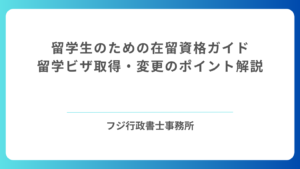
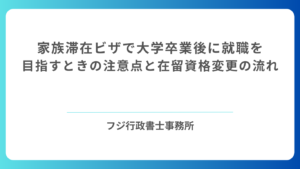
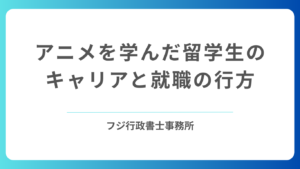
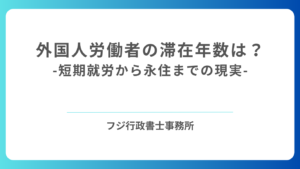
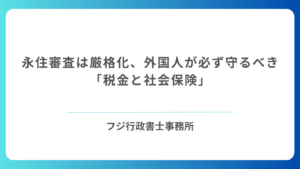
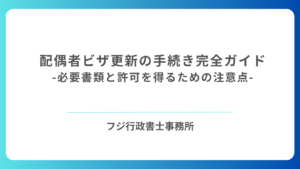
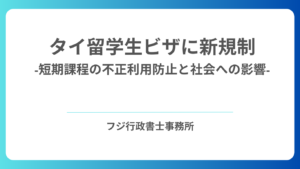
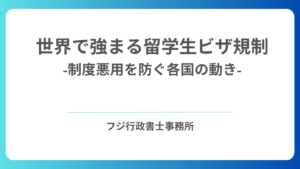
コメント